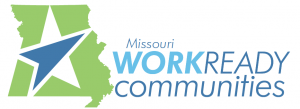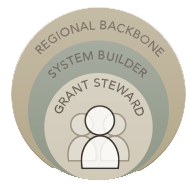 On the third anniversary of the Open Government Partnership with the U.S. and the leaders of seven other nations, President Obama announced additional commitments for promote Open Education initiatives, including specific references to an online skills academy coming soon through the U.S. Department of Labor. The White House announcement defined the initiative as the open sharing of digital learning materials, tools, and practices that ensures free access to and legal adoption of learning resources.
On the third anniversary of the Open Government Partnership with the U.S. and the leaders of seven other nations, President Obama announced additional commitments for promote Open Education initiatives, including specific references to an online skills academy coming soon through the U.S. Department of Labor. The White House announcement defined the initiative as the open sharing of digital learning materials, tools, and practices that ensures free access to and legal adoption of learning resources.
Also noted recently in the Ready to Work report and the task force outcomes under Vice-President Biden, Wednesday’s White House announcement committed funds for DOL’s Online Skills Academy. The Department of Labor (DOL), with cooperation from the Department of Education, will award $25 million through competitive grants to launch an online skills academy in 2015 that will offer open online courses of study, using technology to create high-quality, free, or low-cost pathways to degrees, certificates, and other employer-recognized credentials.
Other Open Education elements included in Wednesday’s announcement deal with partnerships and awareness in open education with entities such as the State Department, U.S. Department of Education, and the Office of Science and Technology. The State Department will conduct three pilots overseas by December 2015 that use open educational resources to support learning in formal and informal learning contexts. The pilots’ results, including best practices, will be made publicly available for interested educators. Learn more online from the White House press release.



 Council for Adult and Experiential Learning
Council for Adult and Experiential Learning
 More than 1,200 Missouri employers are part of a growing list that tops 3,600 nationally for support of the National Career Readiness Certificate. The NCRC helps match employees to jobs based on verified skill levels. The support also helps local economies prosper through Certified Work Ready Communities (CWRC).
More than 1,200 Missouri employers are part of a growing list that tops 3,600 nationally for support of the National Career Readiness Certificate. The NCRC helps match employees to jobs based on verified skill levels. The support also helps local economies prosper through Certified Work Ready Communities (CWRC).

